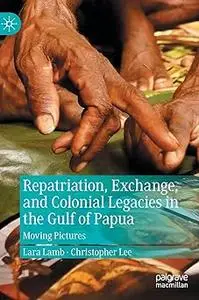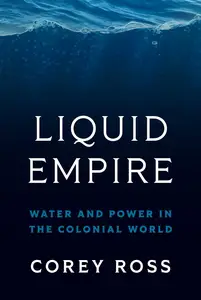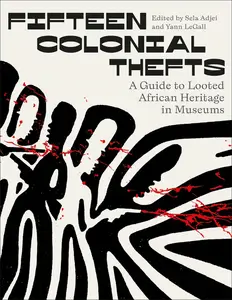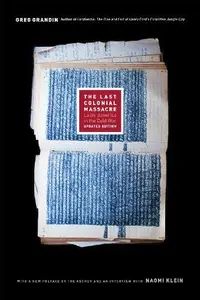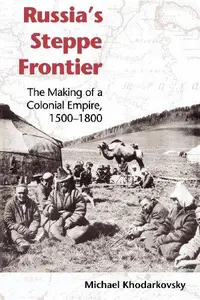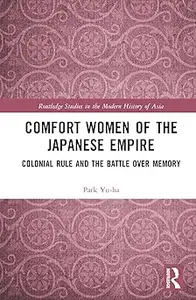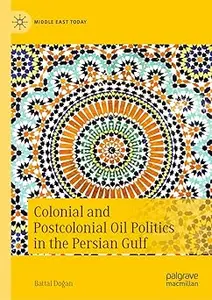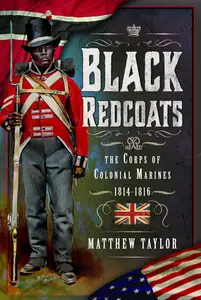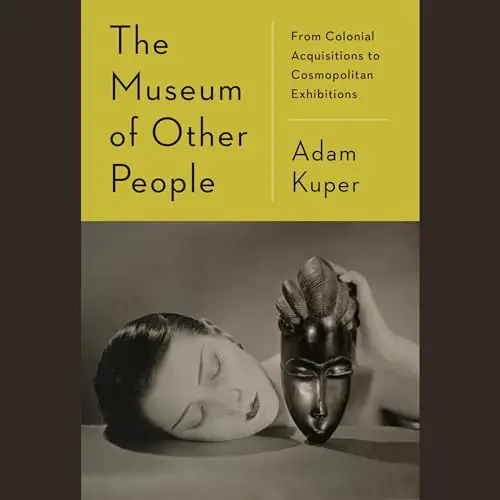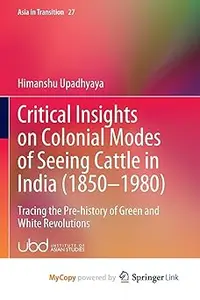 Free Download Himanshu Upadhyaya, "Critical Insights on Colonial Modes of Seeing Cattle in India "
Free Download Himanshu Upadhyaya, "Critical Insights on Colonial Modes of Seeing Cattle in India "
English | ISBN: 981971561X | 2024 | 254 pages | PDF | 4 MB
This book traces the contours of the symbiotic relationship between crop cultivation and cattle rearing in India by reading against the grain of several official accounts from the late colonial period to the 1980s. It also skillfully unpacks the multiple cultural expressions that revolve around cattle in India and the wider subcontinent to show how this domestic animal has greatly impacted political discourses in South Asia from colonial times, into the postcolonial period. The author begins by demonstrating the dependence between the nomadic cattle breeder and the settled cultivator, at the nexus of land-livestock-agriculture, as indicated in the writings of Sir Albert Howard, who espoused some of the most sophisticated ideas on integration, holism, and mixed farming in an era when agricultural research was marked by increasing specialisation and compartmentalisation. The book springboards with the views of colonial experts who worked at imperial science institutions but passionately voiced dissenting opinions due to their emotional investment in the lives of Indian peasants, of whom Howard was a leading light. The book presents Howard and his contemporaries’ writings to then engage contemporary debates surrounding organic agriculture and climate change, tracing the path out of the treadmill of industrial agriculture and factory farming. In doing so, the book shows how, historically, animal rearing has been critically linked to livelihood strategies in the Indian subcontinent. At once a dispassionate reflection on the role played by cattle and water buffaloes in not just supporting farm operations in the agro-pastoral landscape, but also in contributing to millions of livelihoods in sustainable ways while fulfilling the animal protein in the Indian diet, the book presents contemporary lessons on development perspectives relating to sustainable and holistic agriculture. A rich and sweeping treatment of this aspect of environmental history in India that tackles the transformations prompted by the arrival of veterinary medicine, veterinary education and notions of scientific livestock management, the book is a rare read for historians, environmentalists, agriculturalists, development practitioners, and animal studies scholars with a particular interest in South Asia.
(more…)
